Laura Friedman’s love affair with film started young, staying up late to watch old Humphrey Bogart and James Cagney flicks. “It definitely gave me big dreams and I moved to Hollywood to follow those dreams,” she recalls.
Now that dream is out of reach for many. Los Angeles is losing its allure as film producers increasingly turn to cheaper locations in other countries. But after 20 years working in the movie industry, Friedman is now uniquely placed to save it after she swapped Hollywood for the halls of Congress in Washington DC.
“I want upcoming generations to have that same ability to follow their dreams and to be creative, to be storytellers,” said the 58-year-old, who in January succeeded fellow Democrat Adam Schiff – himself once an aspiring screenwriter – in representing California’s 30th congressional district.
“Unfortunately, we’re seeing less and less opportunities for people who are going into the creative industries in this country. These are exactly the kind of jobs that we should be supporting as a nation.”
US film and television production has been hurt in recent years by the Covid-19 pandemic, the Hollywood guild strikes of 2023 and the recent wildfires in the Los Angeles area. Incentive programs have lured producers away from California to states such as Georgia and New Mexico – as well as countries such as Canada and Britain.
Donald Trump responded last month by claiming that movie production “has been stolen” from Hollywood and the US and promising to slap a 100% tax on movies made outside the country.
It was unclear how these tariffs would operate since movies and TV shows can be transmitted digitally without going through ports. There was also bafflement over what it would mean for US movies filmed on foreign locations or what legal basis the president would claim for imposing the tariffs.
Friedman, the only current member of the House of Representatives who has worked in the film industry, said by phone from Los Angeles that she was grateful Trump acknowledged the problem.
But she added: “I am concerned about his suggestion of tariffs because primarily I’m very nervous that this will end up raising the prices for consumers on movie tickets and on streaming services, and that’s not something that the industry wants to see. It’s not something that I would like to experience as a viewer myself.”
Trump has frequently called tariffs “the most beautiful word in the dictionary” and made them his go-to solution for economic problems. He has zealously imposed them on physical items such as aluminium and steel, cars and trucks and kitchen cabinets and bathroom vanities. How they would apply to intellectual property such as films is far less certain, especially with both productions and audiences now so globalised.
Friedman commented: “There are times where it’s perfectly legitimate for an American production to have to shoot scenes overseas because you may want to shoot on location in Paris or London because that’s where your story is taking you.
“There’s a concern, if you shoot 90% of your film in a soundstage in Hollywood and need to pick up 10% on location, whether that means the entire film now would be subject to the 100% tariff.”
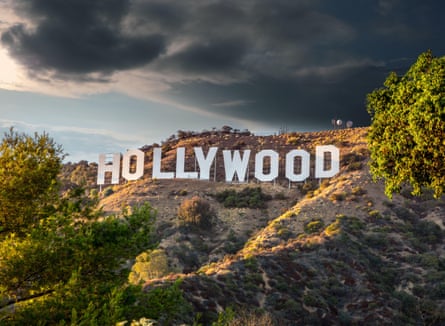
Then there is the question of what Trump would actually be tariffing. “Are you tariffing the budget of the film or are you tariffing it very time a consumer streams the movie or goes to the movie theater? Those of us here in Los Angeles that I’ve spoken to don’t understand how the tariff mechanism is supposed to work in this case, so it’s a big unknown.”
Friedman recalls how she enjoyed Squid Game, a South Korean TV production that turned out to be a hit with US audiences via Netflix. “Does that mean that, if I was going to watch Squid Game, I’d have to pay extra money to Netflix? Or does Netflix have to pay double the amount of money to acquire that to pay a tariff? It doesn’t seem fair to penalise productions that were never going to be American-filmed productions to begin with.”
Instead of Trump’s tariffs, Friedman argues in favour of a national film tax credit. Earlier this year funding for California’s own film tax credit was more than doubled to $750m to make it more competitive with other states.
The congresswoman explained: “It would basically give some tax relief that you could put against your earnings to offset your cost of labor. It would encourage people to employ more workers on their crews because their ability to deduct from their taxes would be directly related to the number of employees that they had on the set.”
For Friedman this is personal. Her grandfather owned cinemas in London and Scotland. She grew up in south Florida watching old Hollywood movies. Yet she went to college wanting to study astrophysics because she loved reading science fiction and watching Star Trek.
“Then after one day of math class in college, I realised that I was actually not cut out to be a scientist, what I really liked when I was watching was Star Trek was the fiction part more than the science part.”

She switched to studying film and, immediately after college, got a job in New York where over four years she worked for various producers including HBO. Then she landed a position at Paramount in Los Angeles and embarked on a 20-year career, rising to become a vice-president of a production company.
She was a credited producer on five feature films including It Takes Two, a romantic comedy starring Kirstie Alley, Steve Guttenberg and Mary-Kate and Ashley Olsen. Her company also worked on White Man’s Burden, a John Travolta vehicle for which her future husband worked as an editor, though their paths would not cross until later.
But Hollywood, she says, is not quite how it looks on the silver screen. “Hollywood loves to make movies where they show what they want the rest of the world to think their life is like. My life was not so glamorous.
“I certainly have gone to some movie premieres in my life at the Chinese Theatre and other places but I was a mid-level executive for the most part. I had a fine career but I certainly was never at the exalted levels of being the head of a studio.
“One of the most fun and thrilling things is when you go on to a film set and see that movie magic in action. When you see the set design and artisans who put that all together, and you see people practising their craft at that very professional level, it definitely gives you renewed respect for the craftsmanship that goes into making film and television and how people devote their lives to this. That’s what I’m trying to retain and support here in Los Angeles.”
Friedman’s switch to politics happened incrementally. Devoted to LA, she took on volunteer work in historic preservation for city landmarks such as the Cinerama Dome and Capitol Records Building. This led her to a city commission, then a city council, then the California state assembly and then last year’s election to the US Congress.
She reflected: “It was step by step and I found that public service is even more fulfilling than I was experiencing in the film industry, although I still love that industry. I find politics to be very similar to film in a lot of ways.
“It is about having a vision and building consensus around that vision and working with a team and figuring out what you need to do to get your project made. In film you don’t get paid unless the movie gets made and in politics there’s no reason to be there if you don’t get stuff done.”

 German (DE)
German (DE)  English (US)
English (US)  Spanish (ES)
Spanish (ES)  French (FR)
French (FR)  Hindi (IN)
Hindi (IN)  Italian (IT)
Italian (IT)  Russian (RU)
Russian (RU)  3 weeks ago
3 weeks ago
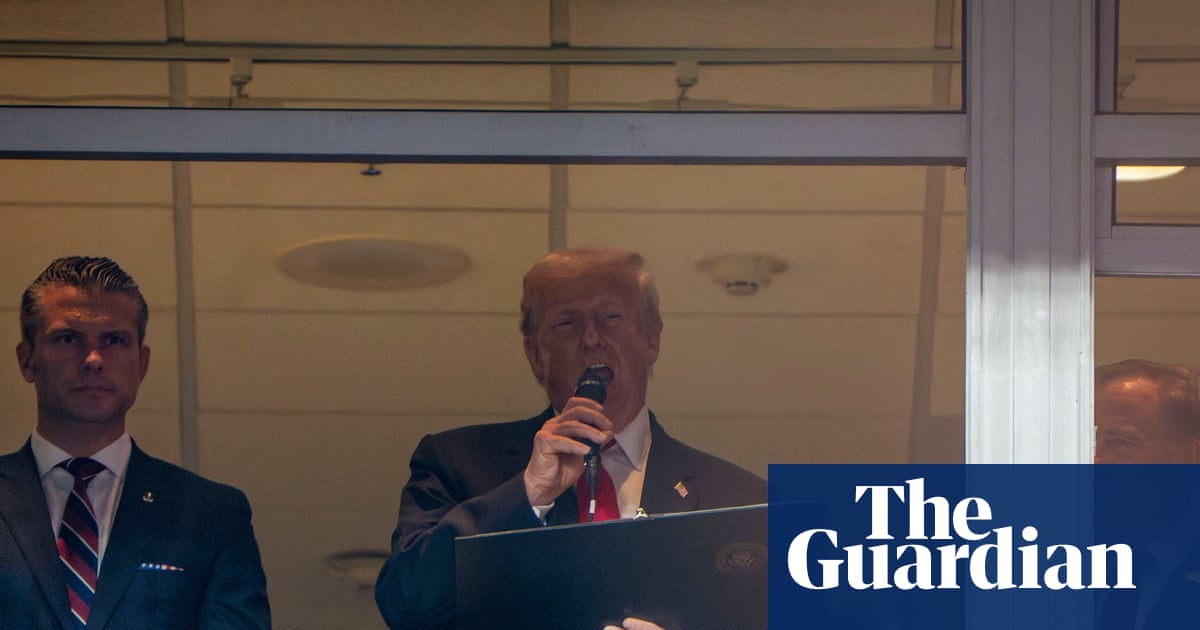


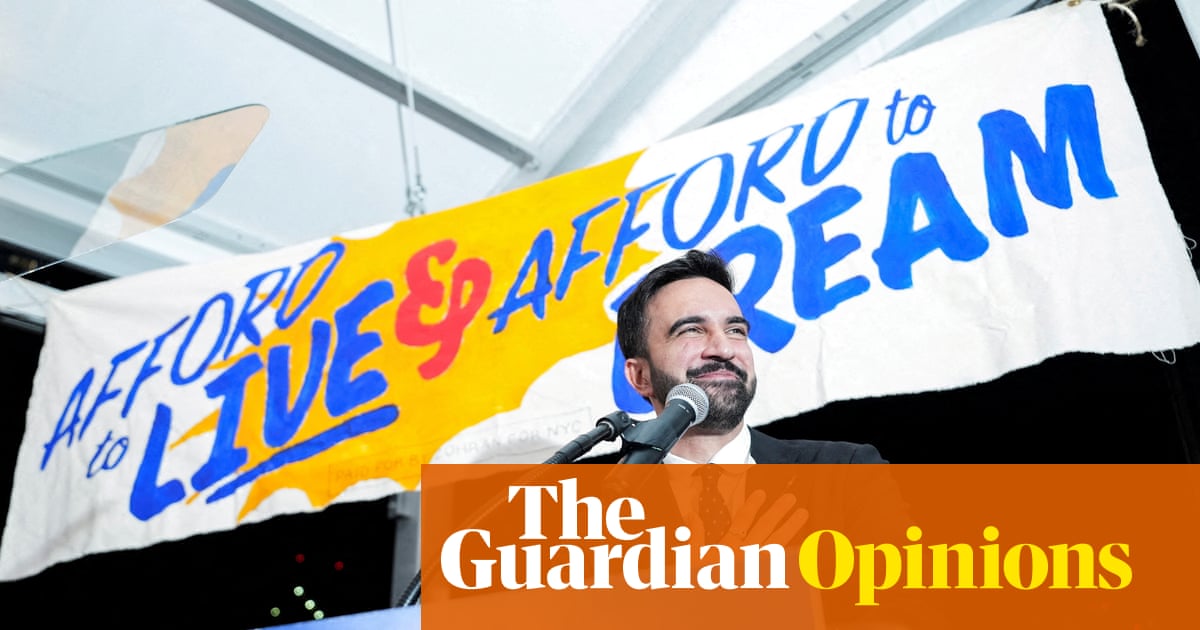

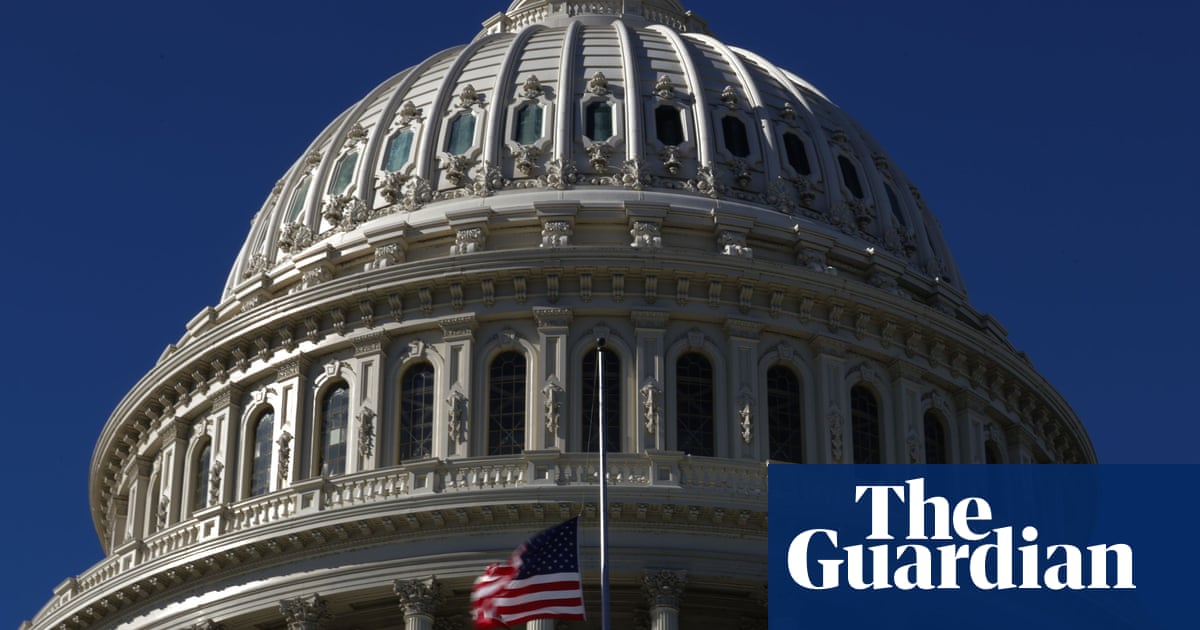


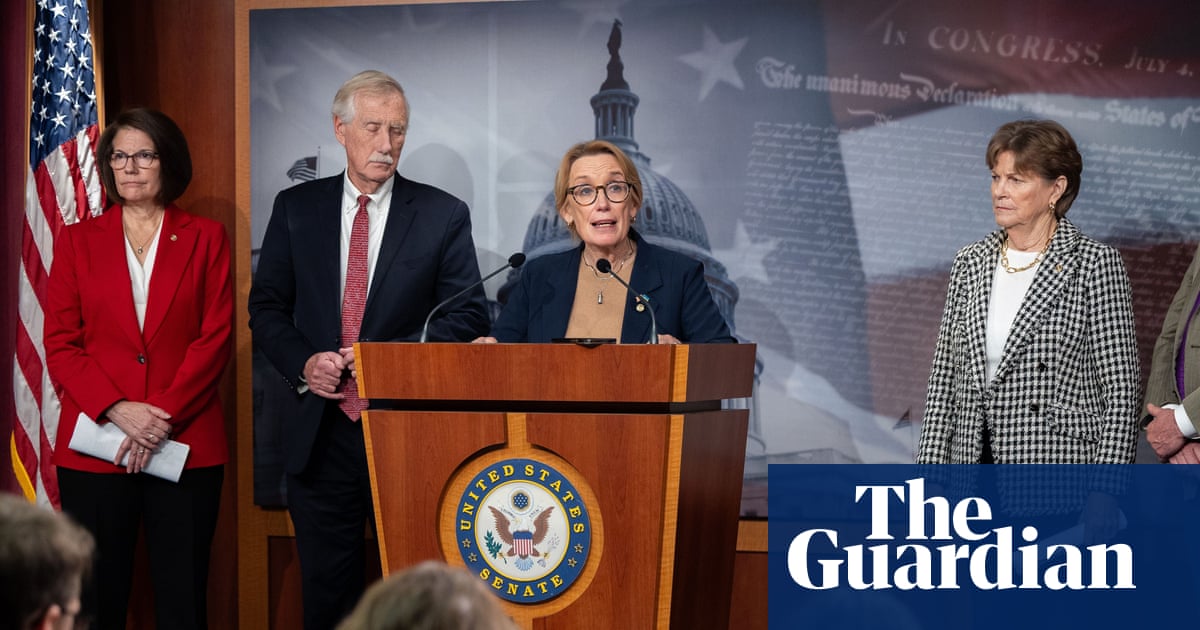















Comments